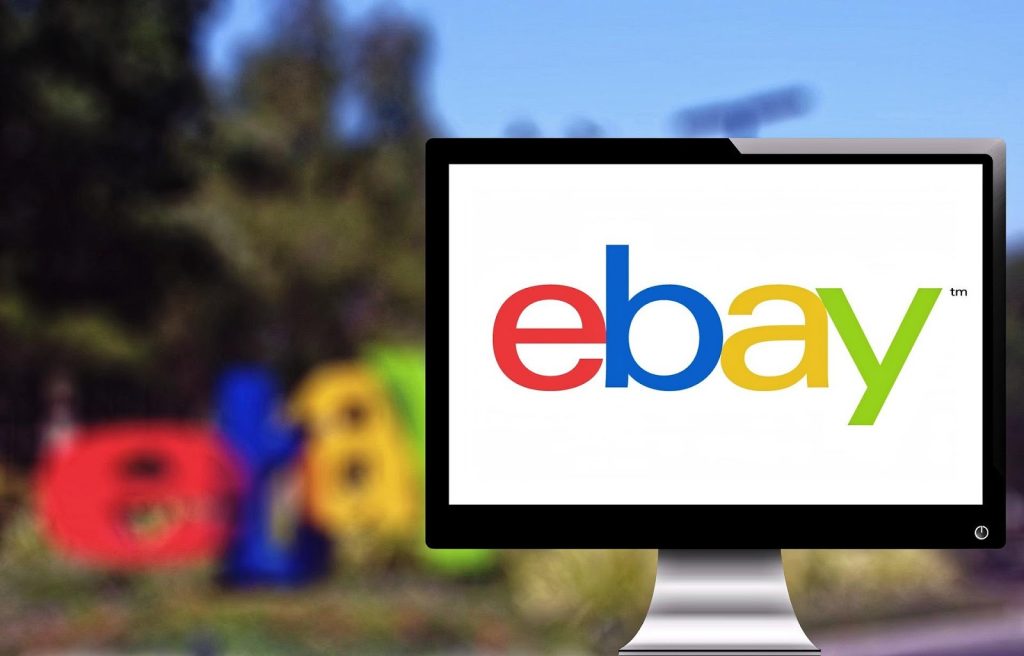Selling products from your eCommerce store can either end up a success story, or barely getting you by. You’ve probably been hearing it for a while, but diversifying your sales channels is a sales strategy recommended by experts.
Multichannel sales strategy simply refers to using other sources and retailers to sell your products, other than your eCommerce store. By diversifying business sales channels, you’re presenting many more opportunities for customers to find your brand and make a sale.
There is a multitude of online marketplaces and selling platforms where you can list your products to people who, potentially, may not have come across your products organically.
However, this Is dependent on your store and what you’re selling. Not every sales channel will be beneficial for every business. For example, most marketplaces will prioritise their own branding over the branding of your product. Which can make it difficult if you are relying on brand awareness as a sales strategy.
The benefits of featuring products on multiple channels far outweigh the negatives, though. Especially if your goal is to sell to a niche audience. Marketplaces like eBay and Etsy streamline the buying process for both customers and sellers, and a built-in marketing platform to get products to a large portion of existing customers.
Which online sales channel is best for you?
There are quite a few options for sellers to choose from, but not every marketplace is going to work with your products. To narrow it down, you need to focus on a few things:
- Business model
- Payment process
- Audience
- Brand
- Types of products
Answering these and comparing them with the pros and cons of a variety of sales channels will help you identify which one is best for your business.
What online sales channels are there?
The most common sales channels for diversifying your business sales are:
- Amazon
- eBay
- Etsy
Each of these has a specific audience and offer different benefits for the seller and buyer.
Amazon
Amazon is classified as a “general marketplace”, and is great for selling products with a large target market. Because of their large and loyal customer base, selling through Amazon can give your product an aura of increased credibility.
One disadvantage of using a general marketplace to diversify your business sales channels is that most of the perceived credibility comes from Amazon’s branding. To the buyer, they are supposedly buying what looks like an “Amazon product”, even if it’s sold by a third party. If you rely on your branding and brand story, Amazon will not be beneficial to your product.
eBay
Probably the most well-known marketplace, eBay sets itself apart by adopting an auction-style approach to selling and marketing. This makes it a perfect fit for those selling vintage and rare products.
The great thing about diversifying your sales channels with eBay is that there are no listing fees for under 50 items per month. Although they do take a percentage of the sale as their own commission. If your business is global in scale, eBay offer sellers their Global Shipping Program, which assists with the worldwide shipping and handling of your products.
Most perceive eBay as having to wait a certain amount of time for the sale, however, they offer a “buy it now” option to bypass the auction model. For sellers who take the time to understand the mechanics of the auction model and how it works, it can prove to be a beneficial sales channel.

Etsy
If your business is looking to diversify sales channels for handmade, vintage and craft products, Etsy is a great marketplace to choose. Etsy’s target market tends to lean more toward brand stories and unique/bespoke items. Making it a fantastic outlet to diversify your similar-style brand and grow awareness of what you offer.
Etsy are fantastic integrators – PayPal and Apple Wallet being the most popular ones – making it a seamless buying experience for customers. You will be charged a listing fee per item and, like eBay, a percentage of your sale will be taken by Etsy as commission.


9 comments